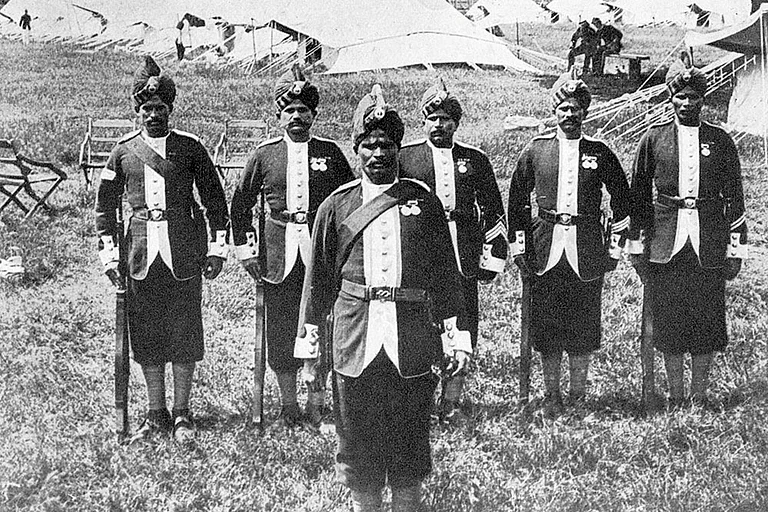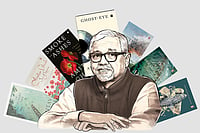Fiction/Anthology, HarperCollins, Rs 399, 224 pgs
What if visually impaired Cinderella found a way to love herself? What if hearing impaired Snow White bonded with a community she could call her own? How does a neurodivergent Ugly Duckling turn into a self-reliant swan? Can a wheelchair-using Rapunzel save her prince? The anthology And They Lived…Ever After, a collection of fairy tales crafted by 13 disabled women, gives readers a chance to re-imagine many familiar stories—as well as the world we live in. Disabled women rarely make an appearance in fairy tales. On the rare occasions that they do, they are often painted as twisted or scary figures. This anthology is a welcome intervention to shatter stereotypes embedded in the popular imagination. It gives a voice to those who have been left out of the narrative for far too long.
And They Lived…Ever After was born in a writing workshop held by Rising Flame, a non-profit organisation working for the protection of the rights of people with disabilities. Rising Flame’s ‘My Tale Too’ workshop equipped participants with the writing skills they needed to revisit age-old tales and reshape them. The ‘My Tale Too’ project was conceived with the aim of bringing disabled realities into the mainstream through popular stories.
The stories in the anthology weave the authors’ everyday realities into the tapestry of fairy tales. Their lived experience—ups and downs, fears and dreams, and the frustrations of navigating the world as people with disabilities—shine through. There are notes of love, compassion, and hope. There are innovative attempts to redefine “happily ever after” and “fairy tale endings”. Some of the stories sensitively trace the lives of children with disabilities. The casual cruelty of her classmates hurts Maryam in Sanchita’s ‘Maryam and the Moon Angel’. The children exclude Maryam from their games because she has a wooden leg. She senses their disdain and finds refuge in nature. The sky, the breeze, birds, and the ‘Moon Angel’ soothe her. They motivate her to claim her rightful place in the world. Zara, the heroine of O Aishwarya’s ‘The Swan in Disguise’ is visually impaired. She is an excellent student but she dreads school, a place where she is always made to feel like an outsider. Her classmates suggest she attend a “special school”. They call her names: freak, ghost-eyes, ugly duckling. But things change when she makes a new friend and discovers the transformative power of the arts.
‘Agal’, P. Karkuzhali’s powerful feminist retelling of the Rumpelstiltskin fairy taleraises the question: “Should a person with a disability be an extraordinary one to earn basic respect?” Kanika Agarwal’s ‘The Deaf Snow White’ gives Snow White a chance to make friends and find joy in community. Her new friends help her realise that “hearing is not the only thing needed to thrive in this world.” Nidhi Ashok Goyal’s ‘It’s Still Your Choice’ tells 21-year-old Aditi’s story in the intimate first-person voice. Aditi loses her sight in an accident and is devastated. But her parents are extremely supportive of her, and she slowly picks up the pieces. When she enrolls for French classes, she meets Krish, her prince charming, who sweeps her off her feet. But when has the course of true love ever run smooth?When she loses Krish, Aditi finds the strength to “rewrite what happily ever after meant to her.”
In Somrita Urni Ganguly’s memorable story ‘Cinderella’s Sister’, little Mamoni’s mother tells her, “Just because we were raised a certain way, we don’t have to remain that way.” By extension, the stories in And They Lived…Ever After tell the world that just because popular tales have conjured up certain images of people who live with disability, they don’t have to be boxed in. It is possible to break freeand to script new stories. It is never too late to build an inclusive world which embraces differences and makes room for diverse bodies and minds to thrive.





























